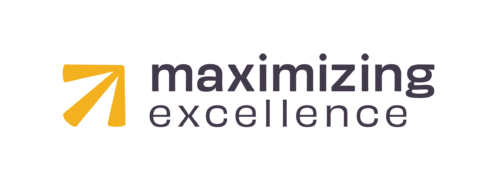Organizations are often curious about the strategic planning process, so we asked MaxEx Senior Consultant, Rika Peterson, to answer the questions most often asked when meeting with potential clients.
What is strategic planning and why do we need it?
Strategic planning is a systematic process undertaken by an organization to define or refine its purpose, and identity and sync those with strategy and resources. The process involves assessing the internal and external environment, reaching agreement on vision, goals, and strategies, and setting the stage for successful implementation.
For newly formed organizations, strategic planning is an essential developmental milestone. For established organizations, strategic planning serves as an important wellness check every three to four years and/or a tool to navigate internal and external changes and challenges.
What does the process look like?
Strategic planning with MaxEx takes about 10 weeks start to finish and includes three phases: planning and preparation, retreat facilitation, and report presentation. Our goal is to equip leadership with data to make informed decisions about the future of the organization at the retreat.
We prioritize preparation activities such as surveying the board of directors and key stakeholders and seeking insight from a core group we call Key Voices. With data and insights in mind, we construct a retreat complete with interactive activities, to accomplish the organization’s expectations. We close out our work by developing a comprehensive strategic planning report with attention to action planning for the first six months.
Who should participate in strategic planning for our organization?
Typically, the Executive Director, key staff, and the full board of directors participates in the retreat.
What is the benefit of partnering with an outside consultant for strategic planning?
Neutral, yet bold, third-party facilitation. We want everyone involved to feel like they were heard and could make a meaningful contribution to strategic planning. We use a consensus-based decision model to reach agreement on key outcomes and work through indecision and challenging topics. Our neutrality infused with industry expertise helps to lead organizations to clarity and action.
